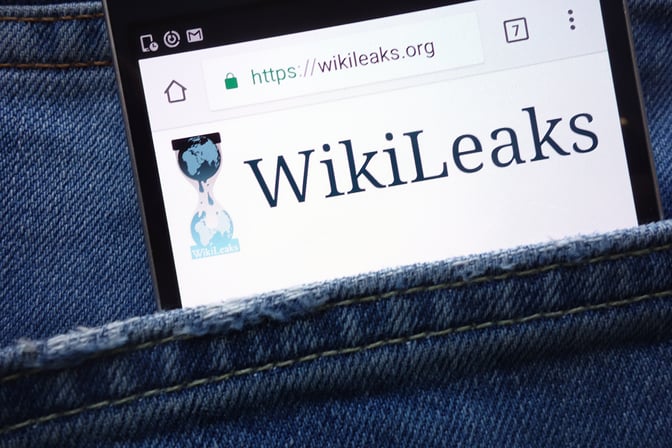The lack of international consensus on what exactly the Restrictive Internet Censorship and Freedom of Information laws should not have created a high-stakes game of political 'cat and mouse'.
First Published 19th October 2016

Someone might be without their 'How to Frontside Smith Grind your local Embassy" YouTube tutorials for some time.
4 min read | Reflare Research Team
News reports earlier today indicate that the Ecuadorian government has cut or restricted access to the internet from its London Embassy where Wikileaks founder Julian Assange is staying.
This move is unexpected yet not unprecedented. Countries routinely restrict internet access from their territory to limit activities they deem harmful to their self-interest.
Virtually every country limits access to the internet in one form or another. Usually to restrict access to information that is deemed criminal, morally deplorable or dangerous. Naturally, what content is deemed to fall in these categories varies widely - from images of child abuse to pornography to alternative lifestyles to activism to anything not praising the state. What is new in this incident is the scope and intent of the restriction.
It appears that only the internet access from the specific embassy has been restricted. This creates an interesting setting in which a state actor uses mechanisms more commonly used by corporate networks to create a de-facto censored section of its national network.
We expect that the restrictions will be trivial to circumvent. While the embassy is technically part of Ecuador, its territory is well covered by UK mobile data networks which are not impacted by said restrictions. The move to restrict internet access at the embassy must thus be seen as a symbolic rather than pragmatic action.
The reason for the restrictions provided by the Ecuadorian government is that it suspects Wikileaks is in some capacity assisting the Russian government impact the US election cycle. This matches the narrative put forward in US statements, which is denied by Russia. It is unclear whether pressure was put on the Ecuadorian government or if any proof of the various hacking incidents has been provided. That said, it is not unusual for a relatively small country to be willing to take a position in a minor conflict over information disclosure but back away from an escalation potentially involving the two former global hegemonies.
Wikileaks meanwhile maintains that it does not know where the information it publishes comes from. If the information acquisition systems provided by Wikileaks indeed operate as described, this would be true as long as the source does not disclose their identity voluntarily.
At this point we thus see in full effect what we predicted several months ago:
The anonymous nature of cyber attacks allows the attacker to remain unknown while also allowing the victim to blame any convenient actor. At this point, only the US government knows if it has conclusive proof of Russian involvement, only the Russian government knows if it performed the attacks and / or provided the information to Wikileaks and only Wikileaks knows if it knows the identity of the leaker.
We predict a further escalation of cyber attacks and the surrounding rhetoric at least until the US election in November and likely until the inauguration of the new president in January - if not longer.


